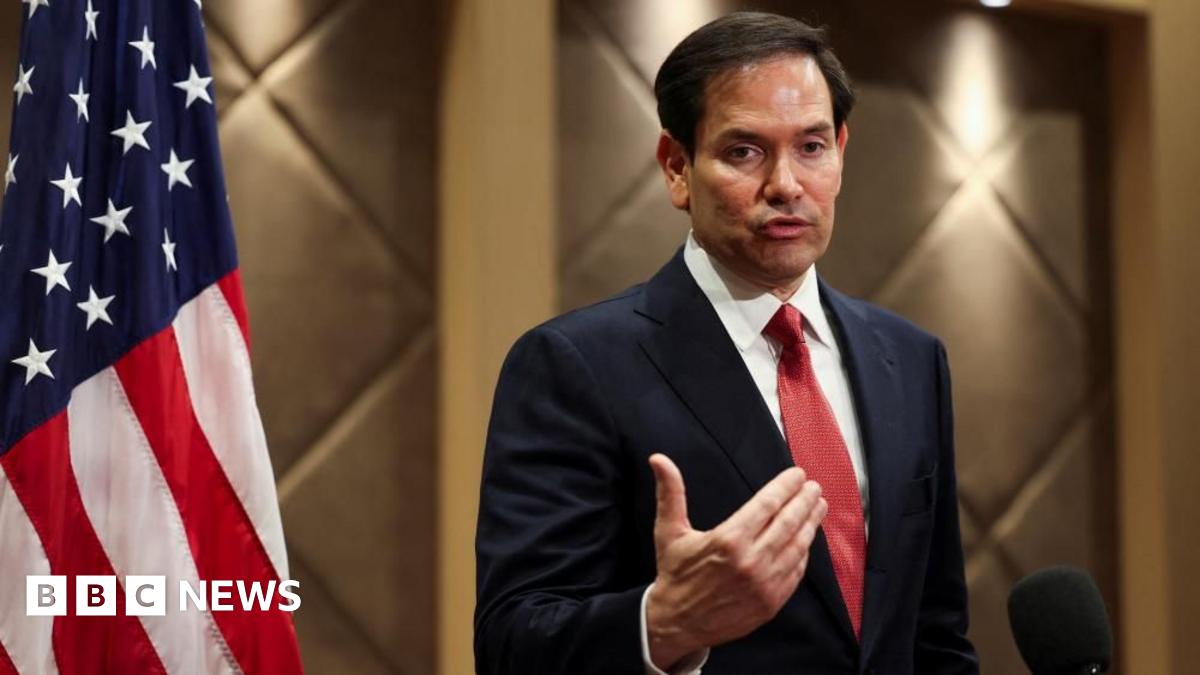Columbia University Graduation Ceremony Disrupted by Pro-Palestinian Demonstrations and Concerns Over Student Detainment

New York, NY – Columbia University's annual graduation ceremony was marked by a significant disruption this year as pro-Palestinian protesters gathered, voicing their concerns and demands related to the ongoing conflict in Gaza. The demonstration occurred amidst heightened tensions on campus following weeks of protests and debates surrounding the university's response to the situation.
The protests, which began earlier in the semester, have centered around calls for Columbia to divest from companies with ties to Israel and to publicly acknowledge Palestinian grievances. While the administration has engaged in discussions and negotiations with student groups, a resolution has yet to be reached, leading to continued demonstrations and, in this case, a visible presence at the highly anticipated graduation event.
The ceremony itself was intended to celebrate the achievements of Columbia's graduating class, but the presence of protesters, some chanting slogans and holding signs, created a tense atmosphere. Security personnel were present to manage the situation and ensure the safety of attendees, but the demonstrations remained a focal point throughout the proceedings.
Adding to the complexity of the situation, Columbia's acting President Claire Shipman addressed the ongoing case of Mahmoud Khalil, a graduate student currently in the custody of Immigration and Customs Enforcement (ICE). Khalil’s situation has become a rallying point for many activists who argue that his detention is unjust and politically motivated. Shipman's acknowledgement of Khalil’s case highlighted the broader concerns about the treatment of students and the university's responsibility to advocate for their well-being.
“We are deeply concerned about Mahmoud’s situation and are working diligently to understand the details and explore all available options to support him,” Shipman stated during the ceremony. Her remarks were met with a mix of applause and continued calls for Khalil’s release.
The events at Columbia reflect a growing trend of student activism across the United States, with universities grappling with how to navigate complex political issues and balance the rights of protesters with the needs of the broader campus community. The situation at Columbia underscores the challenges institutions face in fostering open dialogue and addressing deeply held beliefs while maintaining a safe and respectful environment for all.
The graduation ceremony ultimately proceeded, but the underlying tensions and unresolved issues surrounding the pro-Palestinian protests and Mahmoud Khalil’s detainment served as a stark reminder of the complex landscape facing Columbia University and higher education institutions nationwide. The university is expected to face continued scrutiny and pressure as it seeks to address these concerns and move forward.
The impact of these events extends beyond Columbia's campus, sparking broader conversations about academic freedom, student activism, and the role of universities in addressing global conflicts. As the situation evolves, it remains to be seen how Columbia and other institutions will respond to these challenges and shape the future of higher education in a politically charged climate.




![Harga Tiket Pantai Musiman Melonjak di [Nama Kota Pantai], Pengunjung Murka!](https://i.dailymail.co.uk/1s/2025/05/15/21/98426965-0-image-a-4_1747340010574.jpg)

